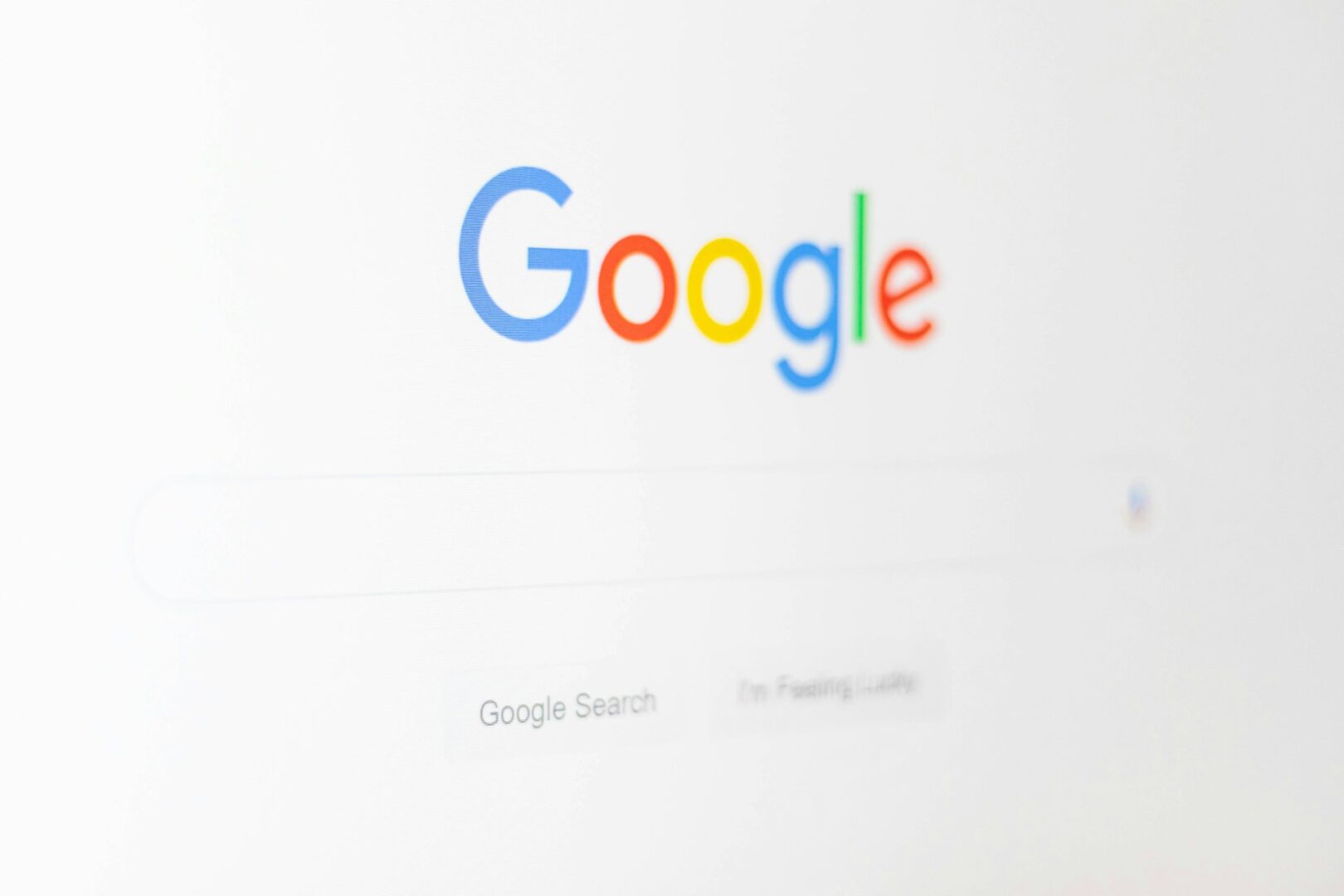As AI and regulatory scrutiny reshape the digital advertising landscape, businesses relying on Google Ads face a pivotal moment.
For any organisation heavily invested in online advertising, this is a critical time to consider an expert audit of your PPC campaigns to ensure budgets are being used wisely and strategies remain future-fit.
Google’s AI Overviews: More Convenience, Less Visibility?
When Google introduced “AI Overviews”—a search feature that answers user queries directly at the top of the results page—it fundamentally altered the search experience. The feature uses generative AI to summarise information from across the web, pushing down both organic listings and paid advertisements.
While Google claims the aim is to deliver better user outcomes, digital marketers are growing concerned about the implications for visibility. According to data from industry analysts, zero-click searches have jumped sharply in markets where the feature has been rolled out.
For advertisers, this trend means fewer opportunities to capture user intent via traditional ad placements. And for enterprise brands spending millions on PPC, any drop in visibility can quickly become a boardroom issue.
“Search has fundamentally changed overnight,” says Dan Trotter, Director at PPC Geeks. “What worked yesterday won’t necessarily work tomorrow—and businesses running large-scale campaigns need to respond fast.”
Investigations and Antitrust: The Risk of Systemic Disruption
Google’s ad model is also under regulatory fire. In recent months, both the U.S. Department of Justice and the UK’s Competition and Markets Authority (CMA) have launched investigations into the tech giant’s advertising dominance. At the centre of the scrutiny: whether Google’s control over the ad supply chain is creating unfair conditions and inflating costs for advertisers.
The outcomes of these probes could significantly impact how ads are served, bought, and priced—forcing changes that ripple through marketing departments worldwide.
“These investigations are adding another layer of unpredictability,” says Trotter. “When the platforms you advertise on are under regulatory review, it’s essential to understand how that affects your exposure, cost models, and long-term strategy.”
Performance Under Pressure: Why Auditing Is Becoming Business Critical
In light of these headwinds, many businesses are re-evaluating the fundamentals of their paid media strategies. That reassessment often starts with a third-party performance review.
Trotter explains that even the most experienced internal teams can benefit from a second opinion.
“We’re seeing a lot of mature advertisers come to us not because they’ve lost confidence in their teams, but because they want a fresh perspective. One that’s platform-neutral and commercially focused.”
In one case, a global e-commerce firm discovered it was inadvertently wasting nearly £10,000 per month through campaign overlaps and misaligned bidding strategies. The resolution wasn’t complicated—but identifying the issue required detailed analysis.
Automation: Helpful – Until It Isn’t
Google has invested heavily in machine learning-based ad tools, including Smart Bidding and Performance Max campaigns. While these systems can drive results at scale, they’re not immune to error.
“Automation is only as good as the signals it’s given,” Trotter notes. “We’ve seen cases where campaigns were auto-optimising towards engagement metrics that had no real link to revenue.”
In complex accounts—particularly those spread across multiple markets and languages—automation can become a black box. Without careful review, inefficiencies can remain hidden for months.
This is one of the reasons why recurring campaign evaluations are becoming standard practice for enterprise brands. Not just to measure performance—but to verify that automation is doing what it’s supposed to.
The Cost of Brand Protection
Another common blind spot for larger advertisers is excessive spend on branded keywords. In fiercely competitive industries, it’s not unusual for businesses to bid aggressively to appear top of search for their own name.
While there are legitimate reasons for this—such as defending against competitor poaching—the tactic doesn’t always deliver incremental results.
“In one recent project, a business was spending over 40% of its Google Ads budget on branded terms,” says Trotter. “But when we ran the analysis, a significant portion of those clicks would have converted organically anyway.”
By rebalancing the budget toward high-intent, non-branded queries, the company was able to grow conversions by 22% without increasing total spend.
What Forward-Thinking Advertisers Are Doing
Despite the uncertainty, leading businesses are not retreating from paid search—they’re simply being more deliberate. For many, that means shifting focus from broad optimisation to precision planning.
Key strategies emerging among enterprise advertisers include:
- Revalidating account structure against current business goals.
- Tightening audience segmentation based on first-party data.
- Running diagnostic reviews of automation tools and AI campaign outputs.
- Realigning messaging to fit within the new AI-driven search layout.
Some are also investing in scenario planning—modelling different outcomes based on potential regulatory or algorithmic changes—to future-proof media strategies.
Boardroom Implications: From Tactical to Strategic
Beyond the marketing function, changes in the paid media ecosystem are beginning to surface at the executive level. As cost efficiency and digital accountability come under greater scrutiny, PPC is being discussed not just as a channel—but as a business lever.
Trotter believes the shift is long overdue.
“For years, PPC has been seen as tactical—something for the marketing team to manage. But for businesses spending £500k to £5m a year on Google Ads, that’s a strategic investment. It deserves board-level oversight.”
Audits, in this context, serve a broader purpose. Not just to find waste or improve results, but to create clarity and confidence in where the money is going—and what it’s achieving.
Conclusion: Opportunity in the Eye of the Storm
The search landscape is in flux. AI is rewriting the rules of engagement, while regulators are questioning the foundations of how digital advertising works.
For enterprise advertisers, the choice is clear: adapt or fall behind. While the platforms may be evolving quickly, the tools for resilience remain the same—critical thinking, rigorous analysis, and an openness to scrutiny.
“This isn’t about fear,” Trotter concludes. “It’s about being prepared. The businesses that take the time to re-examine their strategies now will be the ones that thrive in whatever comes next.”

